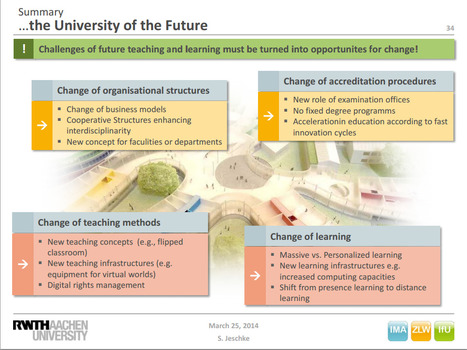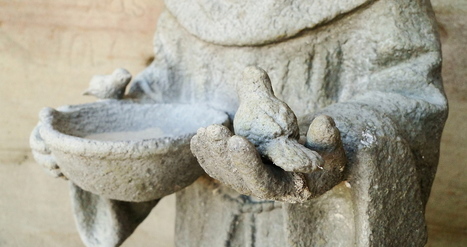
Research and publish the best content.
Get Started for FREE
Sign up with Facebook Sign up with X
I don't have a Facebook or a X account
Already have an account: Login
Related articles to 21st Century Learning and Teaching as also tools...
Curated by
Gust MEES
 Your new post is loading... Your new post is loading...
 Your new post is loading... Your new post is loading...
|

The Rice Process's curator insight,
May 14, 2014 6:11 PM
"Hospitality in the classroom radically rethinks the “territory” of the learning space because it alters the rights and obligations of both students and teachers". The notion of hospitality speaks the host's openness, welcoming, inviting, and .caring nature. Hospitality elevates the learning space. |












Learn more:
- http://www.ima-zlw-ifu.rwth-aachen.de/fileadmin/user_upload/INSTITUTSCLUSTER/Publikation_Medien/Vortraege/download//DHV_Tag_25Maerz2014.pdf
Learn more:
- http://www.scoop.it/t/21st-century-learning-and-teaching/?tag=EDUcation+4.0